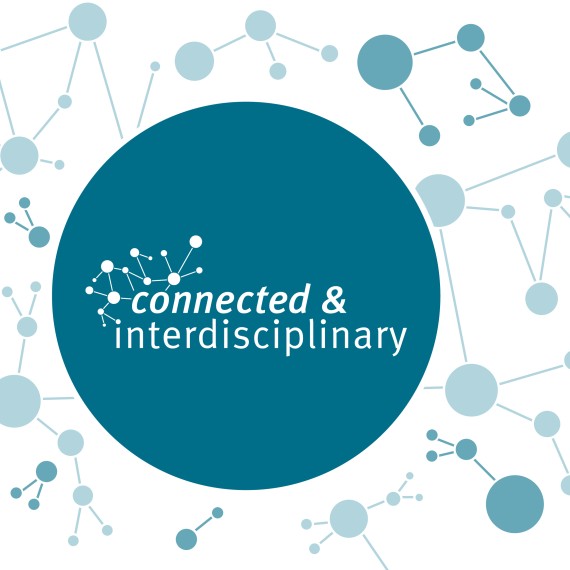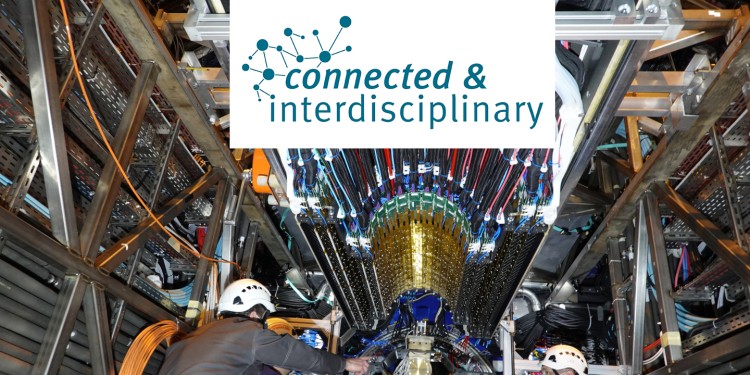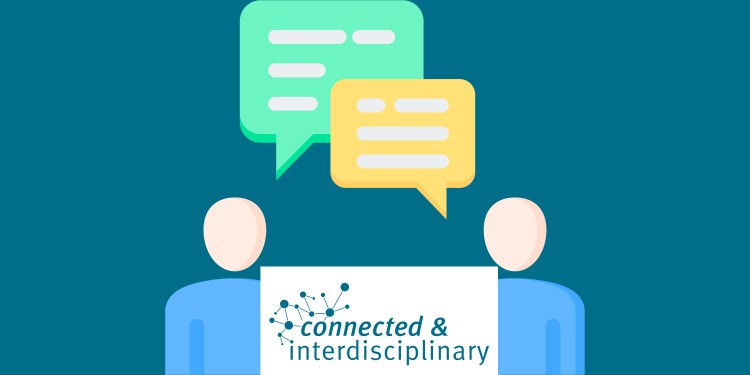
Interdisciplinary teamwork reduces complications in bone fractures

Ingredients for Collaboration: Vision and Playfulness
Events

Developing the batteries of tomorrow together

Erasmus is more than just an exchange programme for students

More methodologies, better possibilities, greater insights

When interdisciplinary collaboration begins with the architecture

Chemistry and physics are intermeshed

Interdisciplinary glossary thematises historical legal research

“Learning from one another means we arrive at findings faster”

Academic freedom at risk

Worldwide collaborations – with obstacles

“It will remain a balancing act”
Your search did not match any of our news releases.
Suggestions:
- Make sure that all words are spelled correctly.
- Try different keywords.
- Try more general filters.
- Expand the period of time.



